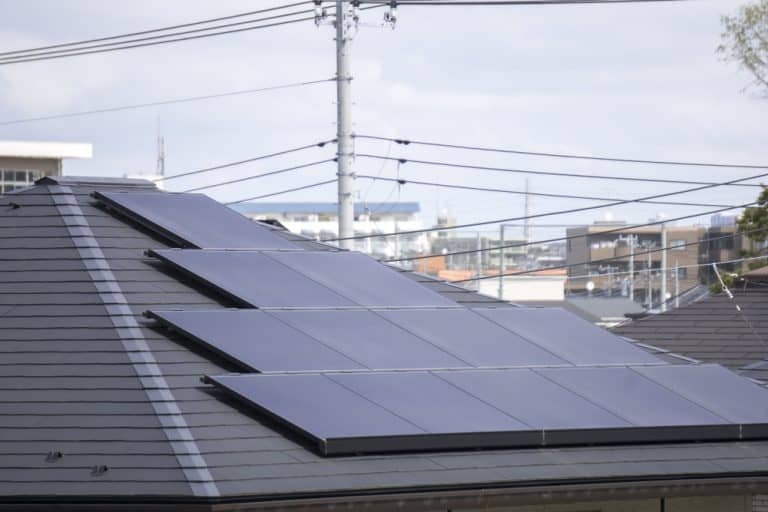A Residential Solar Storage Option

Oftentimes the terms battery backup and backup are used interchangeably. However, these two terms are not the same. While battery backup is a form of backup, not all backup options are battery backup.
Those interested in increasing the potential of their residential solar array may become confused by solar terms that sound the same. Understanding the difference between terms like battery backup and backup power is the first step to making sense of this conundrum. Another layer of complexity is added when you consider the broad range of solar terms homeowners should understand.
First, let’s take a look at what backup power is and the different types available.
A Definition for Backup Power
Backup power provides a continuous flow of solar energy through panels, but only when the sun is out and shining. Backup power is often used as an emergency source of energy in large facilities when the main source of power is down.
Backup power is often provided for hospitals with essential medical equipment and financial institutions with sensitive documents. When a power outage occurs, these institutions typically have backup power that turns on within a few minutes of the outage.
It allows these businesses to continue running almost seamlessly, which prevents financial records from being lost or hospital patients dying. This type of power is also known as an uninterruptible power supply (UPS).
UPS Backup
Any device that can provide power during an outage is a form of UPS backup. Although this term typically refers to large scale backup energy options, it also includes smaller backup options that keep personal computers or homes running during a power outage.
Home Backup Generator
One common form of backup power is a gas generator. Gas generators are a common backup power option because they don’t require much upfront cost, and they do the job. However, gas generators have flaws that make them inferior to battery backup.
Other Non-battery Backup Options
While generators and battery backup are backup options used for residential purposes, commercial and utility-scale backup utilizes a variety of non-battery backup options. The most common non-battery backup solutions include mechanical and thermal storage systems.
A Deep Dive Into Battery Backup
Battery backup is different because it stores electricity in a battery that charges with the excess solar power the homeowner’s solar panels are generating. A charged battery can provide power whenever needed.
While traditional homes can still use battery backup options, this form of backup is best suited for buildings or homes with solar panels. Because of how solar panels work, a rechargeable battery’s ability to store electricity for on-demand use allows solar arrays to become a continuous source of electricity.
There are a couple of different battery backup options. The main battery backup choices for homeowners include portable power stations and home batteries.
Portable Power Stations
Portable power stations are smaller batteries that can provide power for homes that only need the essentials covered. Portable power stations are also a good option for home medical devices because they are easy to move.
Go Solar Group offers two portable power station options in its battery backup product lineup. The first is a Goal Zero Yeti. The second is a Goal Zero Yeti with a Tank(s), a Goal Zero storage expansion product, so it can power more for longer.
Home Battery Backup
Home battery backup is a battery or several batteries that power an entire home. These batteries can provide power for several days before needing a recharge. This type of battery backup option is ideal for homeowners with larger energy demands or who value energy independence.
Why Battery Backup is Best for Residential Solar
Homeowners typically choose gas generators or battery backup as their backup option of choice. These options are popular for homeowners because they are small enough for residential use.
The backup option to choose depends on the budget and situation. Solar-powered homeowners often choose battery backup over generators, because battery backup doesn’t require a secondary fuel, they are easy to maintain, and it is better for the environment.
Charging Battery Backup
Battery backup charges with excess solar generation from a home’s solar array or electricity pulled off the grid. Using solar as the backup’s fuel source saves money long term because the sun doesn’t fluctuate in price like fossil fuels.
Battery Backup Maintenance
Another reason solar homeowners tend to lean toward battery backup is that batteries have fewer moving parts, meaning solar doesn’t require as much maintenance.
The Potential Carbon Footprint of Battery Backup
While electricity pulled off the grid is generated from fossil fuels, homeowners with solar panels can choose to use the sun as this backup option’s fuel, therein reducing carbon footprint. Allowing homeowners with solar to decrease their carbon footprint even further.



Send a Message
Oops! We could not locate your form.